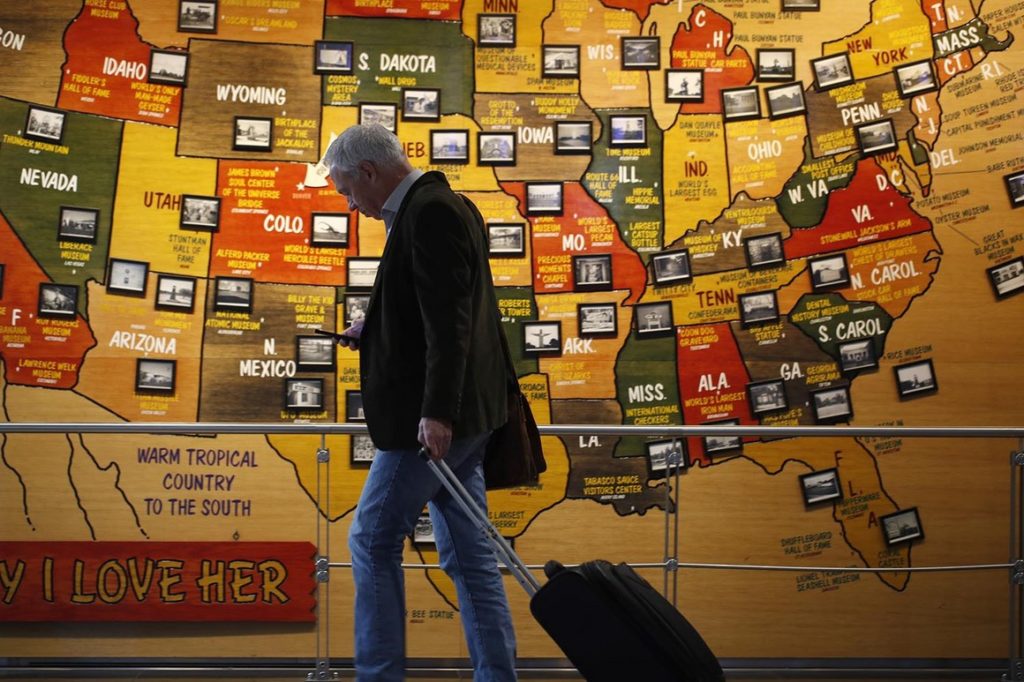By Katie Sanchez Associated Press
WASHINGTON (AP) – As the Coronavirus cases continue to rise, the United States officials begin discussing plans to isolate the nation. In a briefing last week Secretary of State Mike Pompeo urged Americans abroad to return home immediately if they wished to do so stating “we do not know how long the commercial flights in your countries may continue to operate” because the U.S. government cannot plan to arrange flights in the event commercial options are unavailable. Meanwhile Americans who have built lives in other countries struggle with the decision to stay or return, nervous about what either choice may bring.

A former UTC student Lauren Turner who works as a professor at Gyeongsang National University in South Korea returned to the United States with her boyfriend Jinguio Jung, who we will call Sam, back in February for a month and the two expressed concern about the impact the virus has had on several aspects of their life.

“I’m nervous. I’m not incredibly afraid of getting sick because more than likely I will eventually get sick. I would prefer to be sick in South Korea where I have health insurance,” Lauren said. “My whole life is there. My car, my clothes, everything that I own is in South Korea. I can’t just leave it there and I have a good job.”
Lauren explained most of her friends in Korea at the time were quarantining voluntarily, ordering food to their apartments and many were not going to work.
“A lot of my friends have lost their jobs because most of the Western foreigners that are in South Korea are English teachers and right now there is no school. There’s no school, so all the teachers are being fired or let go or just not paid.”
Sam said he knew about the Coronavirus since December and began warning his family and encouraging them to buy emergency supplies such as food and masks, but it was not until recently that they took him seriously.
“Until two weeks ago, I think, my mom, she’s been saying just everything’s fine. But then last week she started telling me not to come back to Korea if I can,” he said. “So obviously that didn’t feel good. Because being struck by something without knowing is one thing, but if you see it coming and then still get hit by it, it still doesn’t feel good.”
Another point of contention for both Lauren and Sam has been how friends and strangers have reacted towards them as the virus developed.
“I haven’t been in South Korea for the past month, so I’m not sick,” he said. “Everybody’s freaking out when I tell them I’m from South Korea.”
“Walking around streets here, I kind of feel obliged to tell people that I encounter that, because I am an Eastern Asian, I kind of feel obliged to tell them that I have been here for a long time and I am virus free,” he commented. “Because there could be people who can get concerned and yes, there have been some people who asked me when we first meet them when I had entered the US, which is natural, I think.”
Reports from various agencies have indicated an increase in attacks against Asian Americans which have been labeled as racially motivated.

Both Sam and Lauren chose to return to South Korea recently, and as the number of cases in the United States begin to skyrocket the cases in South Korea have rapidly decline due to the precautions taken my the government.
 Mocs News Reporting the news that matters most to UTC
Mocs News Reporting the news that matters most to UTC



